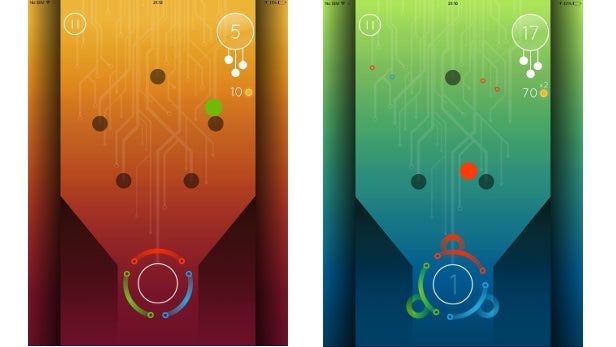
Cell cycle is a highly conserved mechanism with an integral role in generating the diversity of cell types within multicellular organisms. Despite existing as a continuous process, cell cycle has historically been characterized as having four discrete stages during which the cell performs growth and maintenance (G1), replicates its DNA (S), increases further in size and prepares for mitosis (G2), and undergoes mitosis and cytokinesis (M). The cell cycle is the biological process which controls faithful replication and division of cells across all species of life. Tricycle generalizes across datasets and is highly scalable and applicable to atlas-level single-cell RNA-seq data. Using internal controls which are available for any dataset, we show that tricycle predictions generalize to datasets with multiple cell types, across tissues, species, and even sequencing assays. The accuracy of tricycle compares favorably to gold-standard experimental assays, which generally require specialized measurements in specifically constructed in vitro systems. Tricycle then predicts a cell-specific position in the cell cycle based on the data projection. We estimate a cell-cycle embedding using a fixed reference dataset and project new data into this reference embedding, an approach that overcomes key limitations of learning a dataset-dependent embedding. Here, we present tricycle, an R/Bioconductor package, to address this challenge by leveraging key features of the biology of the cell cycle, the mathematical properties of principal component analysis of periodic functions, and the use of transfer learning.

Despite its importance and conservation, there is no universally applicable approach to infer position in the cell cycle with high-resolution from single-cell RNA-seq data.

Single-cell technologies have enabled increasingly precise measurements of the cell cycle both as a biological process of interest and as a possible confounding factor. The cell cycle is a highly conserved, continuous process which controls faithful replication and division of cells.


 0 kommentar(er)
0 kommentar(er)
